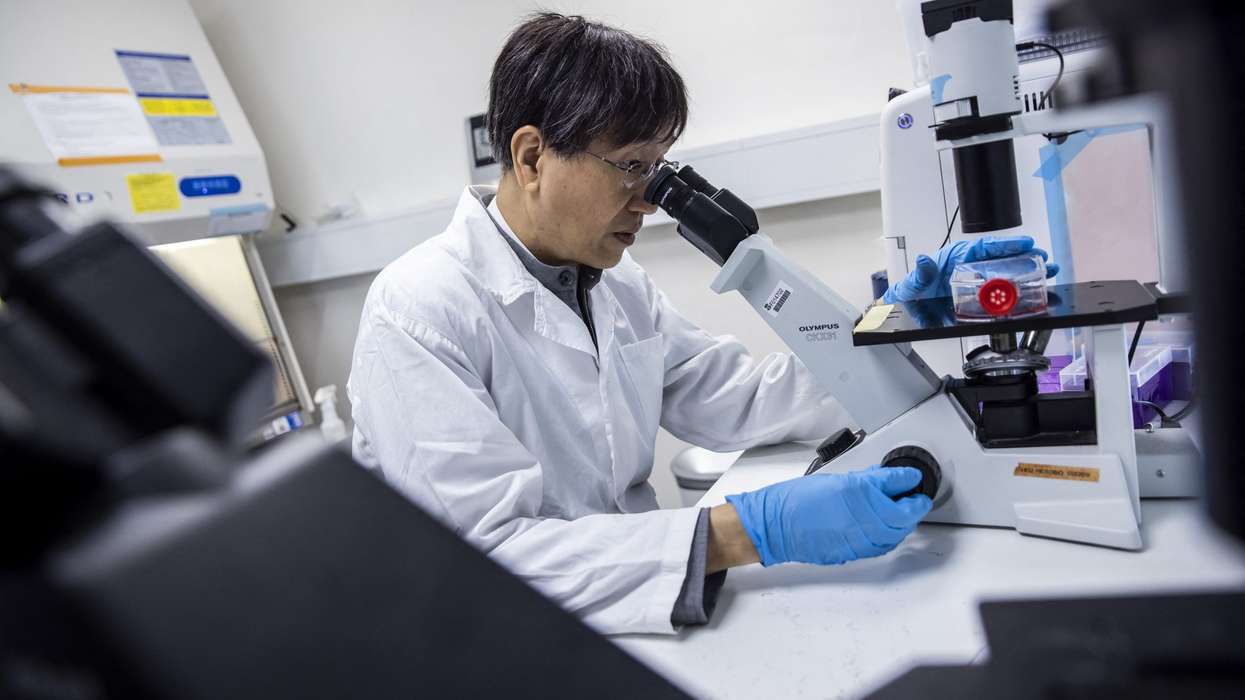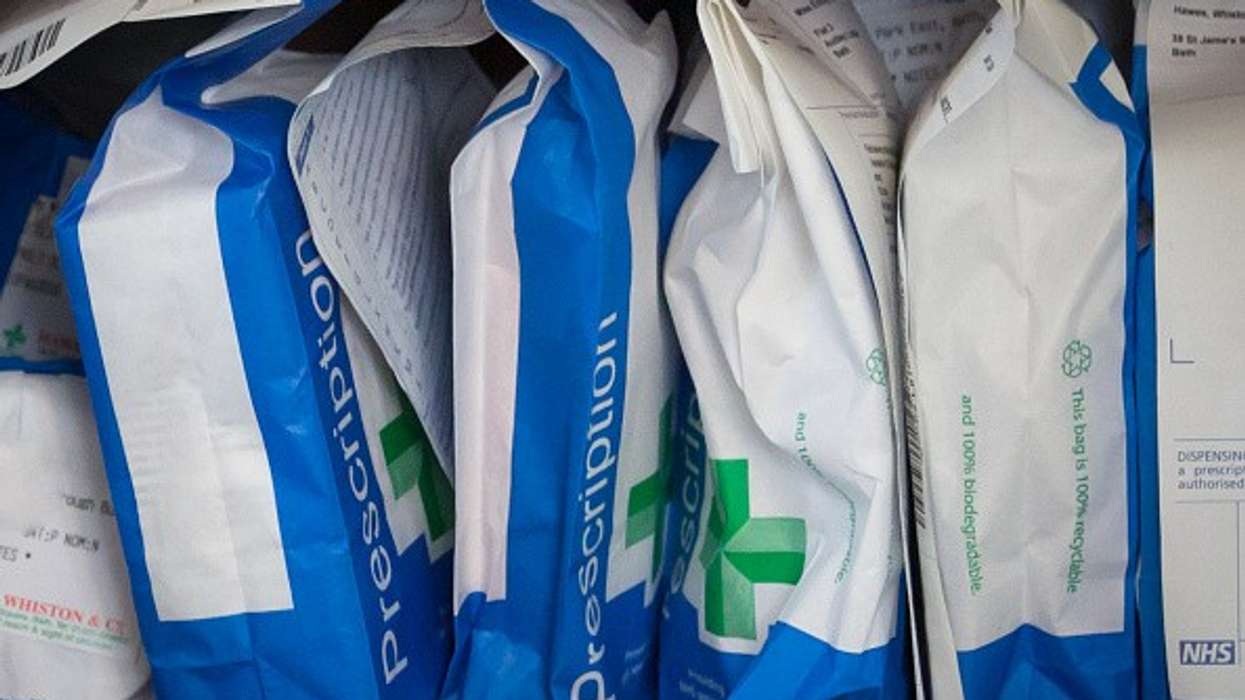The UK pharmaceutical industry experienced a substantial increase in public trust and favourability during the Covid-19 pandemic, according to a new poll. This trend appears to be persisting with the study showing a generally favourable view of the sector.
The recent survey, conducted by Ipsos and commissioned by Association of the British Pharmaceutical Industry (ABPI), represents the third instalment in a series that began in 2021. This ongoing study targets members of the public, healthcare professionals, and parliamentarians.
The study once again underscored a favourable perception of the sector with 67 per cent of respondents recognising that the pharmaceutical industry produces safe and effective medicines using cutting-edge technologies. Moreover, a majority agrees that it is a highly innovative field.
Seven out of 10 people also trust the sector's readiness to address future pandemics, even as media attention on pharmaceutical companies returns to pre-pandemic levels. However, concerns arise regarding limitations in accessing new medicines due to cost pressures.
According to ABPI, public sentiment has improved in general, with favourability increasing from 50 percent to 53 percent over the past year, accompanied by similar gains in familiarity, trust, and advocacy. However, despite the increased visibility of the pharmaceutical industry in recent years, it remains relatively unknown and misunderstood.
"In the absence of detailed knowledge, there is sometimes an assumption that the sector lacks transparency," said Tom Fife-Shaw, Research Director at Ipsos Corporate Reputation. "This, in turn, colours their views of big, complex, and emotive topics, such as drug pricing or access to medicines and vaccines."
The public, as per the survey, expressed a desire for more information and a better understanding of how medicines are funded, as the connection between research costs and company profits remains unclear to many.
Meanwhile, healthcare professionals maintain a predominantly positive view of the pharmaceutical sector, with 80 per cent expressing familiarity with UK companies, and 50 per cent offering high praise for the sector.
When it came to parliamentarians, there was a concerning finding for the industry, given the government's commitment to strengthening the life sciences sector as a key part of the UK economy. Pharma maintains a favourable reputation in Westminster, but there is a growing trend toward increased neutrality among MPs. However, the study also highlights that its reputation is on par with other health-focused institutions.
"We've established a valuable repository of data on our industry's reputation, accessible to all," said Jill Pearcy, Director of Reputation at ABPI. "These insights prove especially beneficial in showcasing the contributions our industry makes to the healthcare system and research community while pinpointing areas for enhancement."
In July, ABPI opposed government proposals that sought to retain historically high average revenue clawback rates within the Statutory Scheme, ranging from 21-27 percent. These proposals sharply contrasted with the pre-pandemic averages of 9.4 percent for the Statutory Scheme (2019-2021) and 6.88 percent for the Voluntary Scheme (2014-2021).











